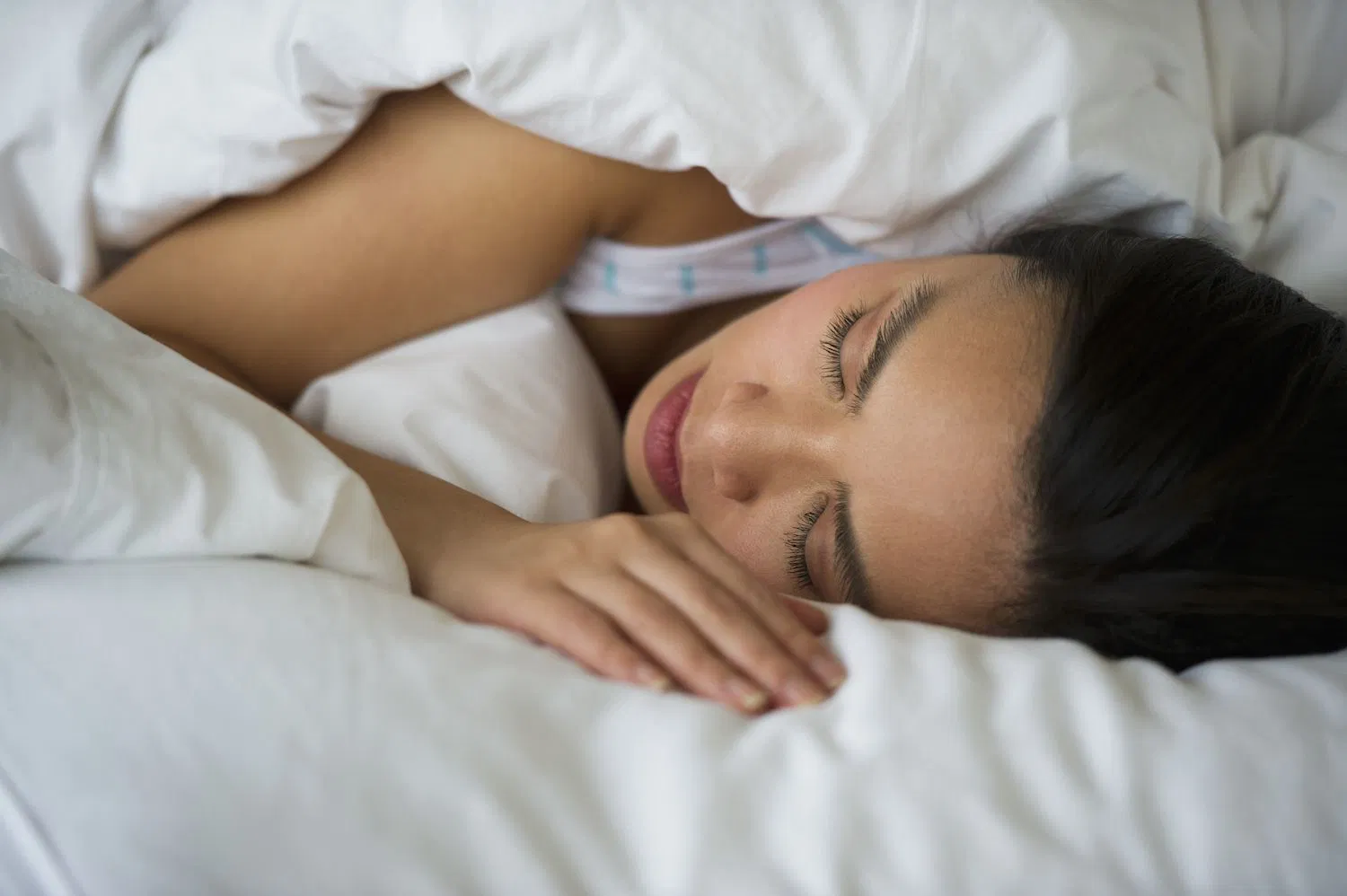7 Signs of High Blood Sugar at Night You Shouldn’t Ignore
Diabetes is a serious condition that affects millions of people around the world. Characterized by high blood sugar levels, it can lead to serious complications if not properly managed. While many symptoms are felt during the day, several important warning signs also emerge at night.
If you’re living with diabetes or suspect high blood sugar levels, here are seven key nighttime symptoms to watch for.
Increased Urination

One of the body’s main ways to eliminate excess sugar is through urination. However, at night, kidney function naturally slows down, making this symptom more disruptive. If you find yourself waking up multiple times to use the bathroom, this could be an early red flag for high blood sugar.
Excessive Thirst
High blood sugar often leads to polydipsia, or intense thirst. This happens because the body is trying to compensate for fluid loss caused by frequent urination. If you’re constantly reaching for a glass of water during the night, it could signal that your glucose levels are elevated.
Extreme Tiredness

Persistent fatigue—especially at night—is a common issue for people with diabetes. When your body can’t properly use glucose for energy, your cells go without the fuel they need. This can leave you feeling sluggish and drained, even if you’ve had a full night’s rest.
Restless Legs Syndrome (RLS)
Many individuals with diabetes also experience Restless Legs Syndrome, a condition characterized by an uncontrollable urge to move your legs. Symptoms often worsen at night, making it difficult to fall asleep or stay asleep. This can severely impact your sleep quality and overall energy levels.
Midnight Leg Cramps
Cramping in the legs—especially while lying down—may be linked to poor circulation or nerve damage, both of which are complications associated with diabetes. These painful spasms can disrupt your sleep and may require stretching, hydration, or proper medication to manage.
Breathing Pauses During Sleep

Sleep apnea is another condition that may appear alongside diabetes. This disorder involves pauses in breathing or shallow breaths while sleeping, often resulting in disrupted rest and daytime fatigue. If you snore loudly or feel unusually tired despite a full night’s sleep, it might be worth talking to a doctor about a sleep study.
Excessive Night Sweating
Waking up drenched in sweat can also point to fluctuating blood sugar levels. Your body’s ability to regulate temperature may be impaired, leading to night sweats. If this happens frequently, it’s a good idea to monitor your glucose levels.
Final Thoughts
Nighttime symptoms of high blood sugar are often overlooked, but they can be valuable indicators of uncontrolled diabetes. If you’re experiencing one or more of these signs, speak with a healthcare provider about checking your blood sugar and adjusting your treatment plan.
Disclaimer: This content is for informational purposes only and does not substitute professional medical advice. Always consult your doctor or healthcare provider before making any changes to your health regimen.
